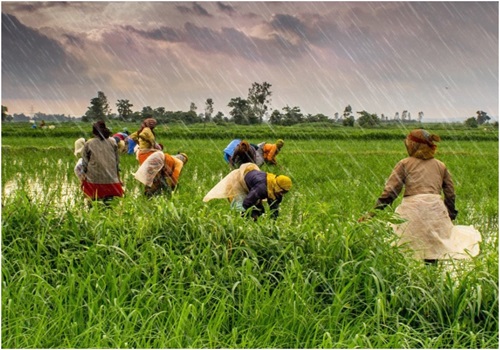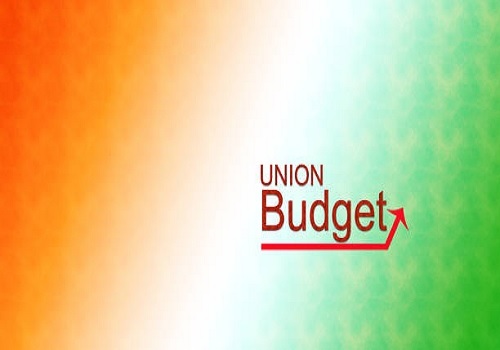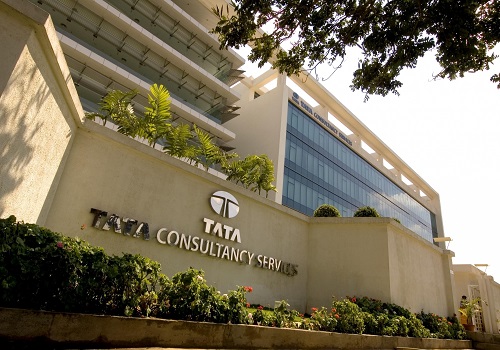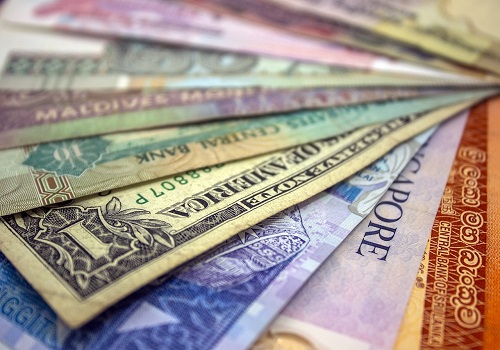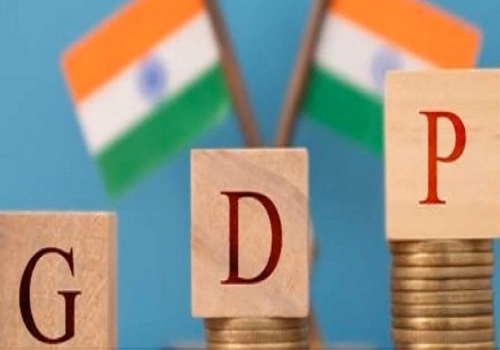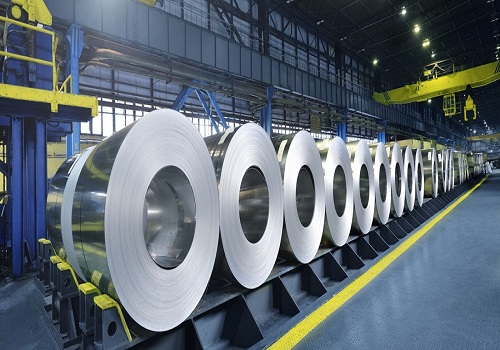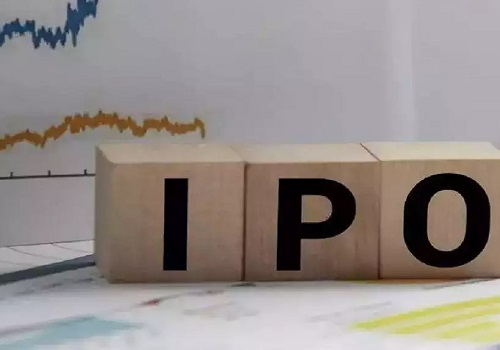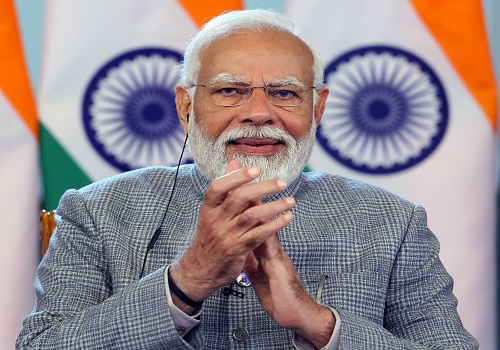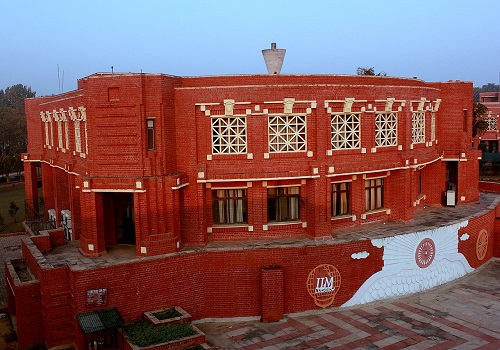Public-private sector interventions to help India reach $1 trillion in merchandise exports
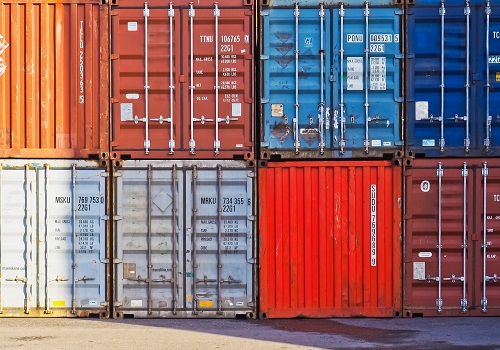
As India strives to achieve $1 trillion in merchandise exports by FY30, the role of public and private sector interventions becomes crucial towards creating a robust export ecosystem, a new report said on Friday.
From an ‘Atmanirbhar Bharat’ to a ‘Viksit Bharat’, the country is taking rapid strides to move up the growth trajectory. A ‘VIKSIT framework’ by PwC India, launched by Minister of Commerce and Industry Piyush Goyal, can be leveraged over the coming years to enable a continuous dialogue on enabling competitiveness across the government and the private sector, said the report. The framework hinges on actionable insights that will contribute to India's long-term economic success.
Sanjeev Krishan, Chairperson, PwC in India, said that India's rise to becoming the fifth largest global economy is mirrored by its increasing share in global trade, driven by a focus on export-led growth.
“We're excited to introduce the VIKSIT framework, a strategic initiative designed by PwC to leverage the nation’s strengths and address key infrastructural and technological impediments to boost the country’s export potential,” he noted.
This report serves as a strategic blueprint for driving India’s export growth, offering a detailed roadmap with crucial steps to engage MSMEs, industry players and infrastructure developers, while ensuring long-term sustainability.
Currently, just 1.36 per cent of India’s registered MSMEs are exporting, revealing a gap between export growth and MSME internationalisation. “Challenges such as the business environment, export procedures, finance access and market information hinder MSME exports and must be addressed to unlock India’s path to achieving $1 trillion in merchandise exports”, Krishan added.
Both pricing and non-pricing policies for climate mitigation have accelerated during the last 10 years. Since these policies and initiatives will impact both access and competitiveness, exporters across the globe will need to reflect on decarbonisation within their respective value chains, the report mentioned.
Advanced technology adoption in the Indian manufacturing and export sectors has been relatively slow, impacting the ability to cater to international market trends and demand. The ‘VIKSIT framework’ advises a technology-driven pathway for the automobile sector wherein OEMs lead the enablement of the entire supply chain by integrating tier-2 and tier-3 manufacturers.
It also emphasises that electronics export growth should be driven by backward integration in manufacturing to improve value addition and scale expansion simultaneously.
“Access to capital, skills and innovation will be required to build sector capabilities. For food processing, it will be crucial to move up from primary processing to cater to the demand for secondary and above, and diversify towards convenience with ready to eat/cook alternatives while ensuring alignment with global food standards,” the framework suggested.

